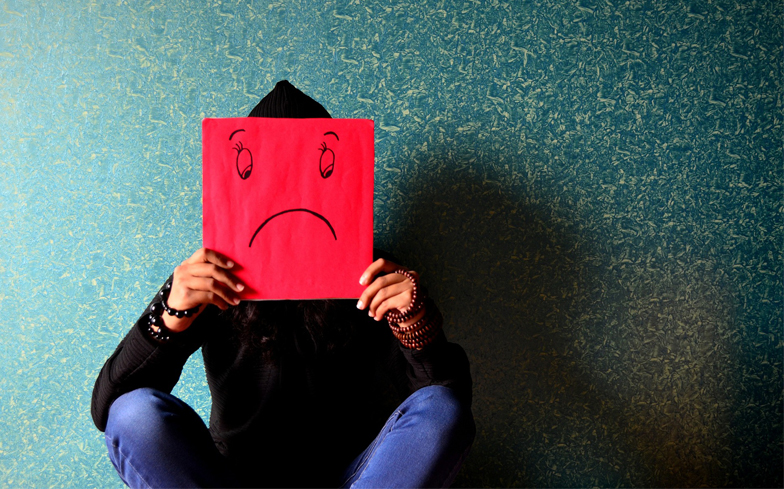
Gay people are still facing a world where homophobia is rife. We still require a coming out process because we are perceived as ‘different’. Pride is still very much a necessary human rights event to remind the world that all is not fun and glitter in the lives of LGBTQ people.
According to charity organisation Stonewall: “One in five LGBT people have experienced a hate crime or incident because of their sexual orientation and/or gender identity in the last 12 months.” And “four in five anti-LGBT hate crimes and incidents go unreported.”
Even if you haven’t been the victim of an anti-LGBTQ hate crime, all of us, to varying degree, carry in our mind the possibility that it could happen to us at any time. The simple decision of holding your partner’s hand can be a stressful one, a decision that heterosexual people make without thinking about it. This is called ‘minority stress’.
This type of stress can go unnoticed and accumulate over time. It is not surprising that many gay men find themselves drinking too much or using recreational drugs excessively: it is a way to attempt to relieve some of this constant underlying stress.

Related: Struggling with your partner’s different sex drive? There are 7 ways you can make changes
The stress that we face as gay men can cause significant mental health issues if we’re not looking after ourselves well enough. In the imperfect world that we live in, looking after our mental health should not be a luxury, it should be an every day consideration – much the same as looking after your personal hygiene or looking after your diet/exercise regime.
On top of the minority stress that we face, there is also the stress of social media. Whether it is Facebook, Twitter, or Instagram, you are bound to see other gay men who appear to do better than you: better body, better job, better money, better holiday, better life, and so on and so forth. We can’t help but feeling inadequate when bombarded with so much unattainable perfection, all of it being an illusion.
You may think that you are invisible or stronger than others. Perhaps you are. But I would argue that every LGBTQ person should look after their mental health as it is a crucial part of general well-being. When the parties are over and the weekend is finished, many gay and bisexual men don’t feel so good about themselves behind closed doors.

© Brad Neathery via Unsplash
The secret to minority stress and looking after your mental health is self-compassion. Here are my easy five top tips to practice it:
1. Validate your difficult emotions. Speak out loud: ‘This is difficult for me’, ‘It is painful’, ‘It hurts’.
2. Bring kindness to your emotional pain. Speak out loud: ‘Go easy on yourself’, or a single word such as ‘gentle’.
3. Do an act of kindness. Lay a hand on the emotional pain. For example, if you feel the pain in your chest, you can lay a hand there and breathe. Or you may want to lay your hand on a soothing part of your body like your abdomen or your forehead, and breathe.
4. Defuse judgemental or unhelpful thoughts. You are bound to have some unhelpful or critical thoughts springing up, that’s what our mind usually does. When you have a critical thought, notice it and say: ‘This is my mind trying to beat me up again’, or ‘My mind is telling me something unhelpful’. It is a helpful technique to remind yourself that your critical thoughts are not truth. They are just thoughts engineered by your mind, as it does with everybody else.
5. Connect your experience with others. You are definitely not the only one having minority stress, or difficult and painful emotions and critical thoughts. The entire human population does. Speak out loud: ‘This is something I have in common with everyone else’, ‘This shows I’m human’, ‘We all screw up and make mistakes sometimes’, ‘It’s hard to be human sometimes’.
Does your judgemental mind say self-compassion sounds silly? Or it’s too easy? Or it won’t work with you? Or you’re not that type of person to do that? Listen to what your mind is telling you, and challenge yourself to be more self-compassionate.
There are only five easy steps, which can be done in five minutes: validate your emotions, bring kindness to them, follow it with an act of kindness, defuse your critical thoughts, and remind yourself that your experience is a human one, common to the rest of us.
Regular and consistent self-compassion is one of the most important tools for mental health well-being. Practice for yourself and share your experience with other gay men. Our community really needs more self-compassion.
Silva Neves is a psychotherapist, psychosexual relationship psychotherapist and clinical traumatologist. You can visit his official website here, and follow him on Twitter here.



